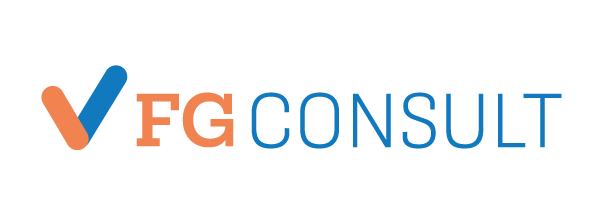Facilitating Informal and Formal Group meetings
Formal appointments are characterized by predetermined agendas, clear aims and specific roles assigned to members. They follow best practices to ensure output, boosting decision-making efficiency and organizational progress.
Effective formal meetings require strategic organizing, meticulously designing a meeting program and conversing it before hand, allowing delegates to prepare beforehand. Meeting facilitators manage chats effectively, guiding them to stay in topic and ensuring that all agenda items are addressed. That they utilize technology to enable effective communication and visual presentations, enhancing understanding and engagement. They take detailed meeting or so minutes, capturing main decisions and action products for long term future reference. Additionally, they monitor and evaluate the efficiency of events, analyzing devotion to agendas, decision-making processes and the accomplishment of set goals.
Everyday meetings are much less structured, quite often taking place much more informal adjustments like break rooms or coffee outlets. Participants may possibly decide on the meeting goal spontaneously or there might not end up being one in any way. In these cases, the participants could possibly feel handy interjecting and sharing suggestions. They might actually vote prove favorite ideas through a simple nurturing of hands.
Both formal and simple meetings require a supportive environment to maximize efficiency and encourage collaboration. Whether held in person or remotely, the ideal achieving environment is definitely an engaging conference room together with the proper products and seating arrangement to enhance focus and attention. Facilitators should make certain the getting together with starts and ends on time, using technology to minimize disturbances. They should as well take the time to simplify and agree with the fact upon the meeting’s goal at the start, marketing clarity www.boardroomrecords.com/why-public-companies-need-a-board-portal/ and concentration in the event that the conversation begins to wander.
